Adding a deck to your home is one of the best ways to enhance your outdoor living space. Whether you’re looking to entertain guests, create a peaceful retreat, or simply increase the value of your home, there are many types of decks to choose from.
This guide will explore the various decks available, helping you make the best decision for your home. Whether you live in a historic Philadelphia row house or a modern suburban home, there’s a deck type that fits your needs.
Categorizing Different Types of Decks
Before exploring the different types of decks, it’s helpful to understand how they are categorized. Decks are usually categorized based on several key factors that affect their design, durability, and functionality. The most common classifications are based on Material and Design/Style. With this in mind, this guide will focus on deck types according to these two essential factors.
Material
1. Pressure-Treated Wood Decks
One of the most common types of deck is a pressure-treated wood deck. Pressure-treated wood is popular because it is affordable and durable. The wood is specially treated to resist rot, mold, and insect damage, making it a durable option for outdoor spaces.
Pressure-treated wood decks are an excellent option for homeowners who want a classic wood deck without breaking the bank. They are easy to work with and can be stained or painted to match your home’s exterior. However, this type of deck requires regular maintenance, such as staining and sealing, to prevent warping and cracking over time.
2. Composite Decks
Composite decks are an increasingly popular option among homeowners who want low-maintenance and eco-friendly options. Made from a mixture of wood fibers and plastic, they offer the look of natural wood without the upkeep.
If you’re looking for a deck that mimics the appearance of wood but doesn’t require the same level of maintenance, a composite deck is a great choice. Composite decks are resistant to weather, stains, and fading, making them an ideal option for Philadelphia’s changing seasons. While composite decks are more expensive upfront than wood, they save homeowners money over time with minimal maintenance needs.
3. PVC Decks
PVC decks are another low-maintenance, completely synthetic decking option. Unlike composite decks, which blend wood fibers and plastic, PVC decks are made entirely of polyvinyl chloride, offering superior moisture and mold resistance.
PVC decks are perfect for homeowners who prioritize durability and weather resistance. They are ideal for regions with high humidity or areas prone to heavy rainfall. Additionally, they are easy to clean and don’t require sealing or staining. Although PVC decks can be more costly than wood or composite options, their longevity and low-maintenance nature make them a worthwhile investment.
4. Cedar Decks
Cedar is one of the most beautiful and naturally resistant types of deck. Due to its rich color and natural resistance to insects and decay, it is a popular choice for homeowners seeking a luxurious and classic wood deck.
Cedar decks offer a timeless look and are naturally moisture-resistant, making them less likely to warp or split. This type of wood also has natural oils that repel insects, reducing the risk of damage from pests. Cedar is also lightweight and easy to work with, making it an excellent option for custom deck designs. However, cedar decks require regular maintenance, such as staining and sealing, to maintain their beauty over time.
If you want to know the differences between pressure-treated wood and cedar, check out this article from HGTV.
5. Aluminum Decks
Aluminum is a decking material made from lightweight, corrosion-resistant aluminum. These decks are known for their durability, strength, and low maintenance requirements. Unlike wood or composite decks, aluminum decks do not warp, crack, or rot over time, and they are highly resistant to moisture, insects, and UV rays. Many aluminum decking systems also come with built-in water control channels, which help keep areas underneath the deck dry. Additionally, aluminum decks are often designed with slip-resistant surfaces, making them a safe option for wet environments.
An aluminum deck is ideal when durability and long-term performance are top priorities, especially in harsh climates. They are perfect for locations with high exposure to moisture, such as near pools, lakes, or coastal areas, as aluminum is impervious to water damage. Aluminum decks are also a great choice if you want a low-maintenance option, as they require minimal upkeep compared to wood, which needs regular staining or sealing. Additionally, for elevated decks where weight matters, aluminum’s lightweight nature makes it easier to install without adding unnecessary stress to the structure.
6. Concrete Decks
A concrete deck uses concrete as the primary material for the surface, often supported by a reinforced foundation or pillars. These decks are known for their exceptional strength, durability, and resistance to weathering and wear. Concrete decks can be customized with various finishes, such as stamped patterns, colored stains, or textured surfaces, to enhance their aesthetic appeal. They are resistant to fire, non-slip, and capable of supporting heavy loads, making them ideal for high-traffic areas or locations where furniture, hot tubs, or other heavy items will be situated.
A concrete deck is ideal when long-term durability and minimal maintenance are key factors. It is especially suited for areas that experience extreme weather conditions, as concrete can withstand temperature fluctuations, heavy rain, and strong winds without deteriorating. Additionally, if you’re looking for a modern or industrial aesthetic or want a seamless connection between indoor and outdoor spaces, concrete decks provide a sleek and contemporary look. They are also an excellent choice for ground-level patios, pool surrounds, or outdoor spaces that require a solid, permanent surface that will not shift or settle over time.
Table 1: Comparing Different Types of Decks Based on Material
|
Deck Type |
Material |
Durability |
Maintenance |
Best for |
Cost |
|
Pressure-Treated Wood |
Chemically treated wood |
Good but requires regular maintenance (staining, sealing) |
Requires regular staining and sealing
|
Homeowners seeking an affordable, classic wood look
|
Affordable upfront, but maintenance adds long-term costs |
|
Composite |
Wood fibers and plastic blend |
High durability with low maintenance |
Low maintenance, resistant to weather and fading |
Homeowners wanting the look of wood with low maintenance |
Higher upfront cost, but saves on long-term maintenance |
|
PVC |
Polyvinyl chloride (PVC) |
Very high durability, completely synthetic |
Very low maintenance, no staining or sealing |
Regions with high humidity or frequent rainfall |
Higher cost upfront, but minimal maintenance costs |
|
Cedar |
Naturally resistant wood with insect-repelling oils |
Moderate durability, requires regular maintenance |
Requires staining and sealing to maintain appearance |
Homeowners looking for a natural, high-end wood appearance |
Moderately high, but natural beauty adds value |
|
Aluminum |
Lightweight, corrosion-resistant aluminum |
Extremely durable, no warping or cracking |
Minimal maintenance, no staining required |
Harsh climates, poolside or lakeside areas |
High upfront cost, minimal long-term expenses |
|
Concrete |
Concrete |
Extremely durable, weather-resistant |
Minimal maintenance, no upkeep required |
High-traffic areas, pool decks, and patios |
Moderately high, depends on customization |
Design/Style
1. Attached Decks
An attached deck is a structure physically connected to the house. It is often built right outside a back door or side entrance, serving as an outdoor extension of the home’s interior. These decks are typically raised just a few steps off the ground and can be designed in various shapes and sizes to fit the space available. They often act as a transition between indoor and outdoor areas.
An attached deck is ideal for a convenient, cohesive outdoor space directly connected to your home’s main living area. This type of deck works well when you’re looking to expand your outdoor living area for grilling, dining, or relaxing while maintaining easy access from the indoors. It’s an excellent option for homeowners who want to blur the line between indoor and outdoor living, such as homes with large sliding doors or open-concept layouts.
Figure 1: Attached Deck
2. Multi-Level Decks
Multi-level decks are an excellent choice for homes built on sloped or uneven ground. These decks consist of multiple tiers or levels, offering a dynamic and visually appealing outdoor space.
A multi-level deck adds dimension to your outdoor space and creates distinct entertaining, dining, or relaxing areas. It’s ideal for homes with larger backyards or those wanting to take advantage of a sloping lot. By incorporating stairs and railings, you can create a seamless flow between each level of the deck, making it easy to navigate and use. Multi-level decks can be constructed using various materials, including wood and composite options.
Figure 2: Multi-Level Deck
3. Floating Decks
Floating decks, also known as freestanding decks, are another versatile and budget-friendly type of deck. Unlike traditional decks attached to the home, floating decks are built just above the ground and don’t require building permits in some areas, saving time and money.
Floating decks are ideal for homeowners who want a simple, affordable outdoor space without the commitment of a permanent structure. They can be installed in various areas of your yard and are perfect for creating a seating or dining area. Additionally, floating decks can be built from various materials, allowing you to customize the look and feel of the space.
Figure 3: Floating Deck
4. Rooftop Decks
A rooftop deck is one of the most exciting types of deck for urban dwellers or homeowners with limited yard space. Common in cities like Philadelphia, rooftop decks offer an incredible outdoor escape with stunning views and privacy.
Rooftop decks are perfect for homes in densely populated areas with limited yard space. They provide a private retreat to relax, entertain, or enjoy the skyline view. Rooftop decks can be customized with seating, planters, and pergolas to create a cozy outdoor living area. Remember that rooftop decks may require additional permits and structural considerations, so working with a professional contractor for this type of project is essential.
Figure 4: Rooftop Deck
5. Elevated Decks
An elevated deck is a raised structure built off the ground, often featuring stairs and railings, designed to create additional outdoor living space on sloped or uneven terrain. This is the most common type among all types of decks for Philly row houses. These decks are typically supported by posts or pillars. They can be built at varying heights depending on the property’s layout. Elevated decks are popular for homes with a second floor, as they provide a direct outdoor extension to the living space. They offer a great view and additional storage or seating space underneath.
Choosing an elevated deck is ideal when your home is built on a slope or when you want to add outdoor living space above ground level, such as off a second-story room or over a basement. It’s perfect for enjoying a view, creating space in a yard with uneven terrain, or extending your home’s usable square footage. Elevated decks are also a good option for homes in flood-prone areas, as they keep the deck above potential water damage zones.
Figure 5: Elevated Deck
6. Wraparound Decks
A wraparound deck extends around two or more sides of a house, offering continuous outdoor space connecting different areas of the home. Often built on slightly raised foundations, these decks have varying widths and may offer covered and open sections. They provide easy access to multiple entry points of the house and allow for outdoor activities around different exposures of sunlight throughout the day.
Choosing a wraparound deck is ideal for homeowners who want to maximize their outdoor living space and create a seamless connection between indoor and outdoor areas. This deck type is perfect for homes with scenic surroundings, as it allows for multiple viewpoints and creates a more expansive feel. Wraparound decks also suit larger homes or properties with wide front or back yards, offering easy access and flow around the exterior.
Figure 6: Wraparound Deck
7. Platform Decks
A low-to-the-ground platform deck typically requires little to no railing, as it is usually only a few inches or feet off the ground. These simple, flat structures provide a clean, open outdoor lounging, dining, or entertaining surface. Platform decks are often constructed with minimal support posts and are an excellent choice for level landscapes.
Choosing a platform deck is ideal for a simple, low-maintenance outdoor space, especially in flat or gently sloping yards. It’s perfect for creating a patio-like area for outdoor activities without requiring extensive railings or steps. Platform decks are also an excellent option for budget-conscious projects, as they are easier to construct and require fewer materials than raised decks.
Figure 7: Platform Deck
8. Enclosed Decks
An enclosed deck is a fully or partially enclosed outdoor space, often with walls, windows, or screens to protect against the elements and insects. Unlike open decks, enclosed decks provide a more sheltered environment, extending the usable season and allowing for more privacy. This type of deck can be turned into a sunroom or screened-in porch, offering outdoor living while keeping the elements out. Depending on the enclosure type, it can even be heated or cooled for year-round use.
Choosing an enclosed deck is ideal when you want a more protected outdoor space that feels like an extension of your home. It’s perfect for homeowners who wish to enjoy their deck without dealing with bugs, wind, or unpredictable weather. Enclosed decks are great for areas with extreme temperatures, providing a more climate-controlled environment. If you want to add value to your home and create a comfortable space that bridges indoor and outdoor living, an enclosed deck is an excellent choice.
Figure 7: Enclosed Deck
Table 2: Comparing Different Types of Decks Based on Design
|
Deck Type |
Description |
Best for |
Cost |
|
Attached Deck
|
Connected to the house, serving as an outdoor extension of the home. |
Creating a convenient outdoor space directly connected to indoor living.
|
Moderate, depending on materials and size. |
|
Multi-Level Deck |
Multiple levels or tiers, ideal for sloped or uneven terrain. |
Maximizing space on uneven ground and creating multiple areas for different activities. |
Higher due to multiple levels and more complex construction.
|
|
Floating Deck |
Freestanding, simple, and budget-friendly, built just above the ground. |
Homeowners seeking a simple, affordable outdoor space without a permanent structure. |
Affordable, especially for simple designs with basic materials.
|
|
Rooftop Deck |
Built on top of the home, offering privacy and views. |
Urban homes with limited yard space; provides privacy and views. |
High, due to the need for structural reinforcements and permits. |
|
Elevated Deck |
Raised structure supported by posts, often for sloped terrain or second stories. |
Homes on a slope or with a second floor, ideal for expanding outdoor space above ground. |
Moderate to high, depending on height and materials used. |
|
Wraparound Deck |
Extends around two or more sides of a house, providing continuous outdoor space. |
Maximizing outdoor living space and connecting multiple areas of the home. |
Moderate to high, based on the size and materials used. |
|
Platform Deck |
Low-to-the-ground, simple design without the need for railings. |
Budget-conscious homeowners who want a low-maintenance outdoor area. |
Affordable due to its simplicity and fewer materials required. |
|
Enclosed Deck |
Enclosed with walls, windows, or screens, providing protection from the elements. |
Homeowners seeking a more sheltered, year-round outdoor space. |
High, due to the need for enclosing materials like glass, screens, or insulation. |
Choosing a Customized Deck
The decks mentioned above are among the most popular choices. You can also create a custom deck tailored to your preferences. With the right materials and design, your deck can be adapted for different purposes, whether a pool, garden, or deck designed to capture a view.
You can further personalize your space by adding built-in benches, pergolas, planters, lighting, or a fire pit. In addition, you can choose from various railing options, including glass, metal, or wood, to complement your deck’s design.
At Matrix Construction, we bring your vision to life with expert craftsmanship, ensuring every detail of your dream deck is tailored to fit your unique preferences and lifestyle.
Conclusion
There are various types of decks and choosing the right one for your Philadelphia home depends on various factors, including your budget, lifestyle, and personal preferences. Whether you opt for a low-maintenance composite deck or a stunning rooftop oasis, there’s a deck type that can elevate your outdoor living experience.
At Matrix Construction, we offer high-quality craftsmanship and design expertise, from traditional wood decks to modern composite options. Contact us today for a FREE Consultation to start planning your dream deck!


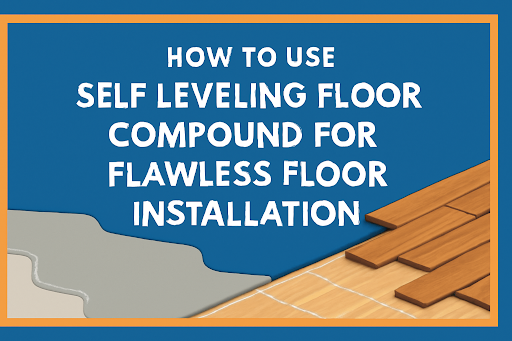
![Top 20 Reasons for Failing a Plumbing Inspection in Philadelphia [2025 Guide]](https://matrixgc.com/wp-content/uploads/2025/05/Common-issues-causing-failing-a-plumbing-inspection-in-Philadelphia.png)
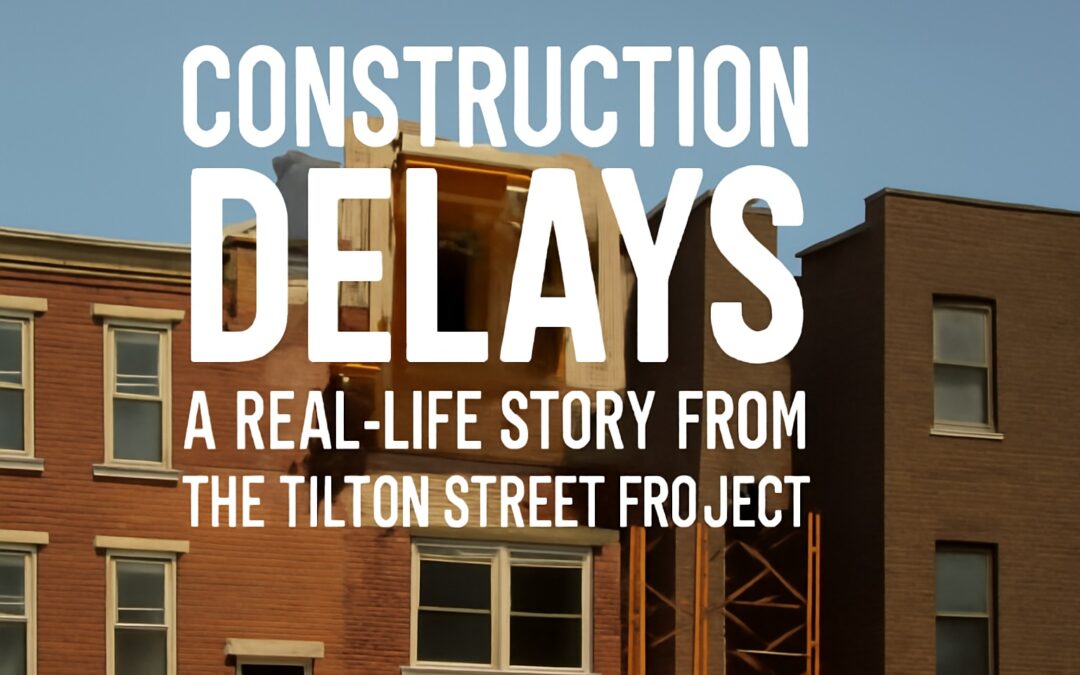
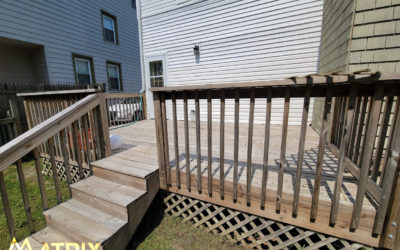
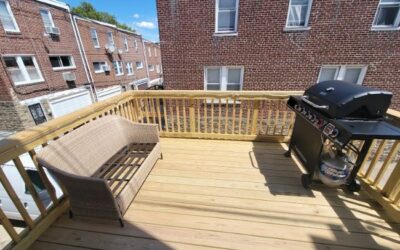
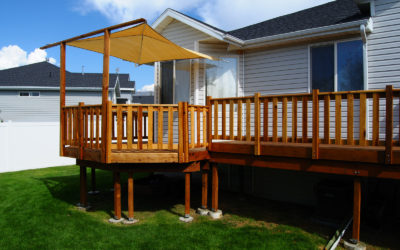
0 Comments